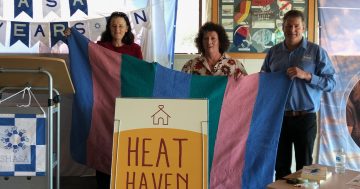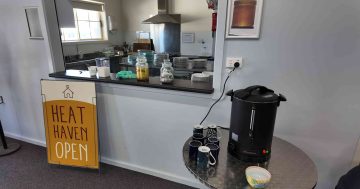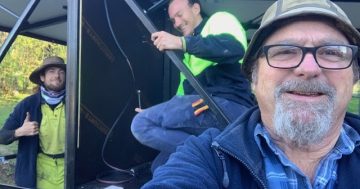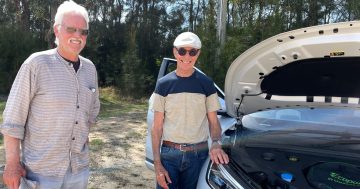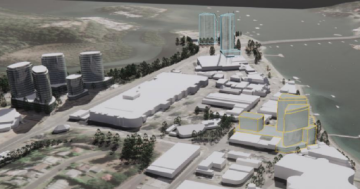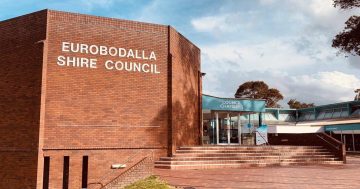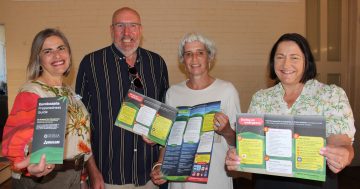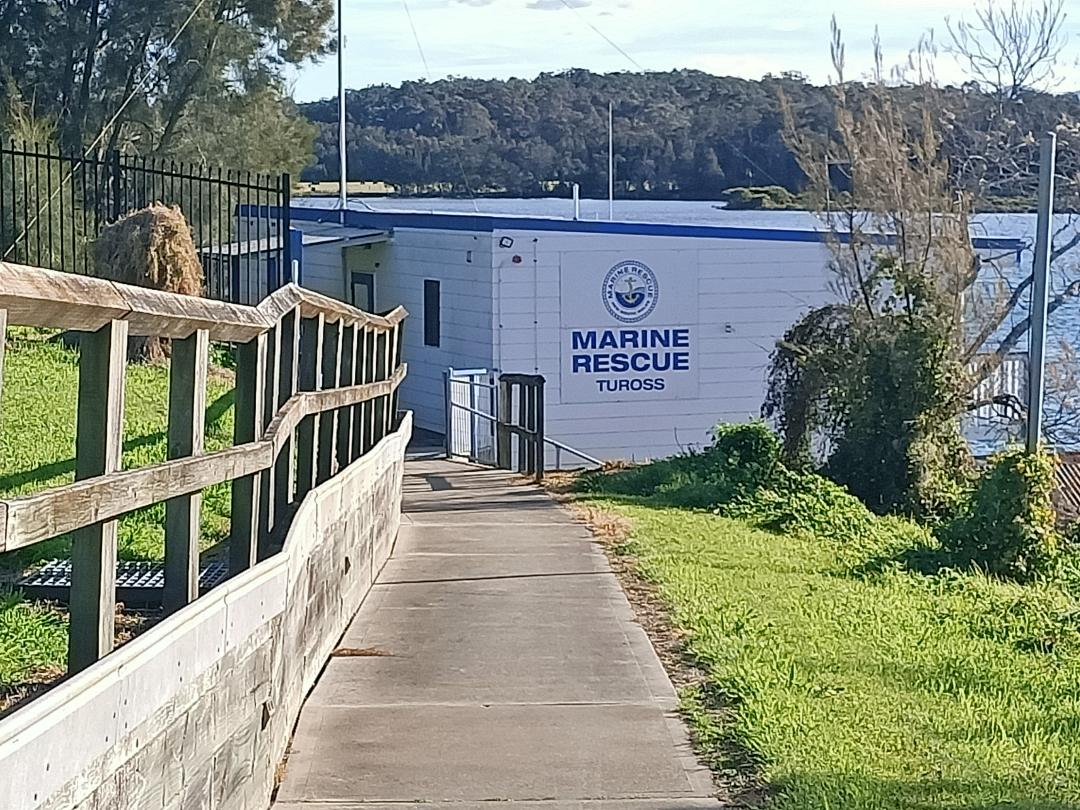
The Marine Rescue building in Tuross Head. Photo: Kathryn Maxwell.
A sum of almost $450,000 has been granted to strengthen rural communities in New South Wales.
The funding, provided by the Foundation for Rural and Regional Renewal (FRRR), has been awarded as a part of their Strengthening Rural Communities (SRC) program which will support Black Summer bushfire recovery, COVID-19 recovery and small and vital community projects.
One of the communities that received funding was Tuross Head, which secured a total of $21,889.
SouthCoast Health and Sustainability Alliance (SHASA) president Kathryn Maxwell said it would go towards funding the Tuross Head Marine Rescue with a solar system and batteries to be installed by Micro Energy Systems Australia (MESA).
“At SHASA, we work with other community groups to help them to apply for funding to get things that will make their community organisations more resilient and or lower their carbon footprint,” Ms Maxwell said.
“We approached Marine Rescue in Tuross and we told them that we have helped Marine Rescue in Narooma to secure funding for solar and batteries, and we outlined that the benefits of this is many.
“Firstly, we can put in a system that will operate when the power goes down, especially if there’s bushfires as the power can keep operating. Another benefit is that by having solar and batteries on their building, they significantly cut their operational costs as a lot of community groups are struggling due to the electricity prices rising quite rapidly.”
Ms Maxwell said that by installing a solar system and batteries, Tuross Head’s Marine Rescue would save between 50 and 60 per cent on their electricity bills.
“What that means for Marine Rescue is that when they do this, they can then actually use what they’ve saved for important safety equipment for their core business, as by having the solar system and batteries, it means that they don’t have to funnel so much money into covering their electricity costs,” she said.
“The reason that we’re so keen on this is because community facilities are really critical to the safety of those going boating at Tuross Head, an absolute haven for visitors.
“It’s great for fishing and we’ve got lots of people who go boating and so Marine Rescue really needs to be able to operate at all hours and have power available so that they can perform their rescues and their safety work.”
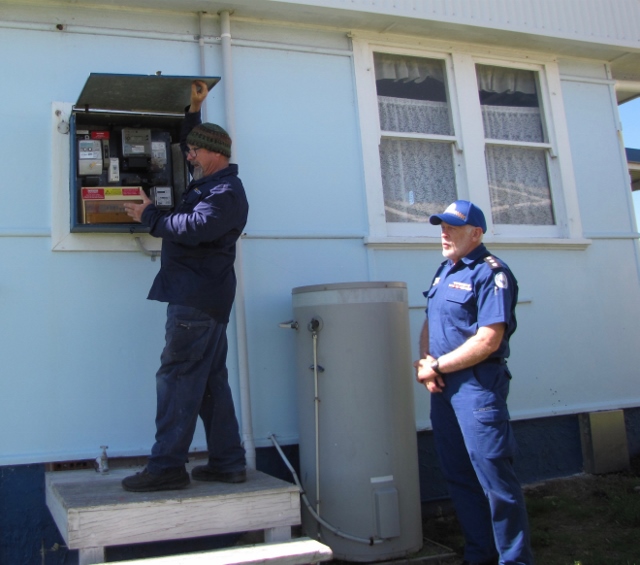
Steve Cornthwaite from Micro Energy Systems Australia (MESA) checking the meter box. Photo: Kathryn Maxwell.
The SHASA president said they applied for the SRC program, which gives out grants every three months.
“We were eligible to apply under the bushfire recovery category. As you can imagine, with 70 per cent of the Eurobodalla being burned, the community really appreciated receiving this funding and these projects,” Ms Maxwell said.
“The SRC program give out $10,000 to $25,000 grants to different community groups that need that extra bit of help.
“We were lucky enough to receive a grant of $21,889 and then we’re putting in an additional $1000 of our own funds towards the project.
“It’s just been a real pleasure to work with an organisation like FRRR that’s trying to make it as straightforward and easy for community groups to apply for and get that financial assistance in their projects.”
Ms Maxwell said SHASA’s key message was that they wanted to help groups in the Eurobodalla with community resilience projects by providing a range of services and support.
“Communities can do a lot, but one of the things that community groups are really struggling with is maintaining their infrastructure,” she said.
“Whether they’re communities that just want solar or batteries or they want air-conditioning, or other upgrades that can make their buildings more resilient, we’re here to help them.
“All our projects have a long-lasting legacy and the solar systems will last potentially up to 40 years, and the battery will last between 10 to 15 years, so we really try to help community groups with good, reliable systems so that they can have that peace of mind and they won’t have to worry about that infrastructure.”
The solar system and batteries will be installed by MESA in late February 2023.
To find out more information about SHASA, visit their website.







